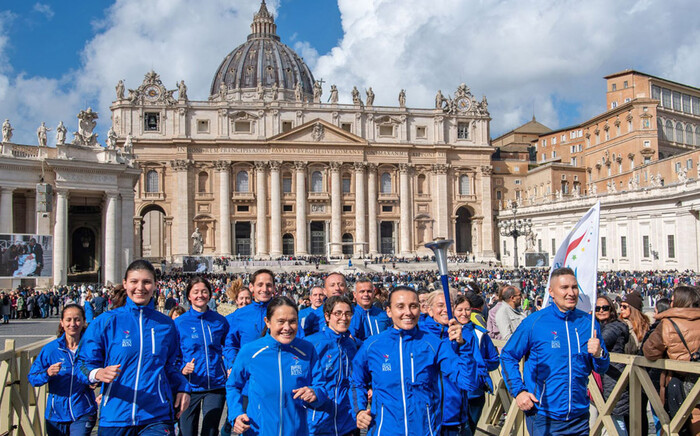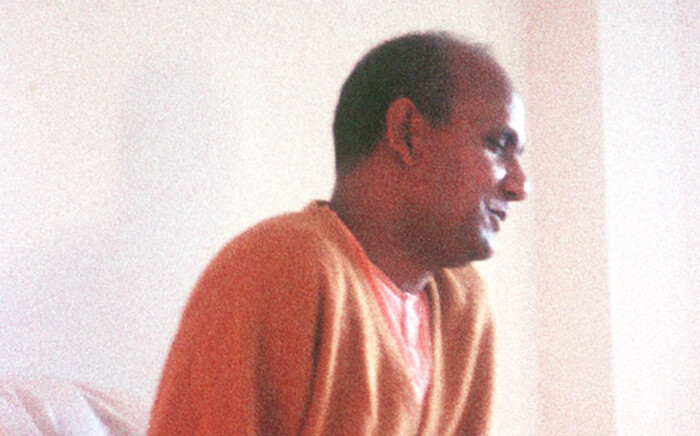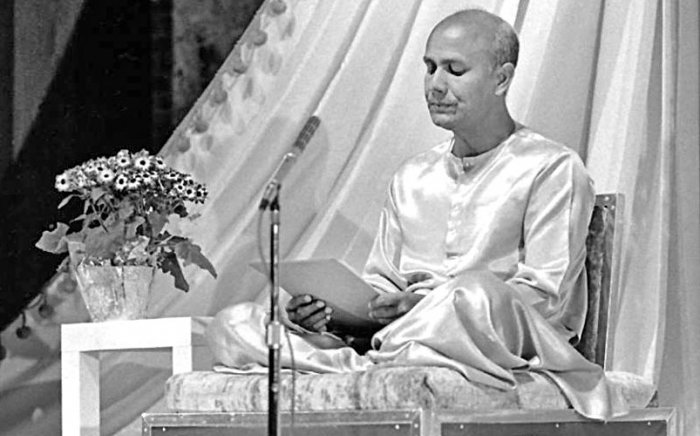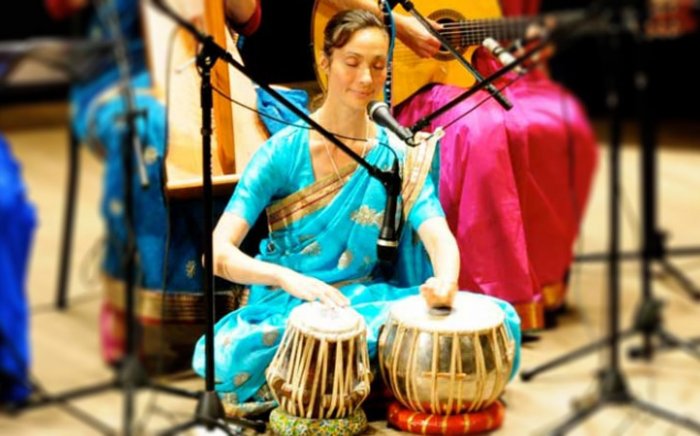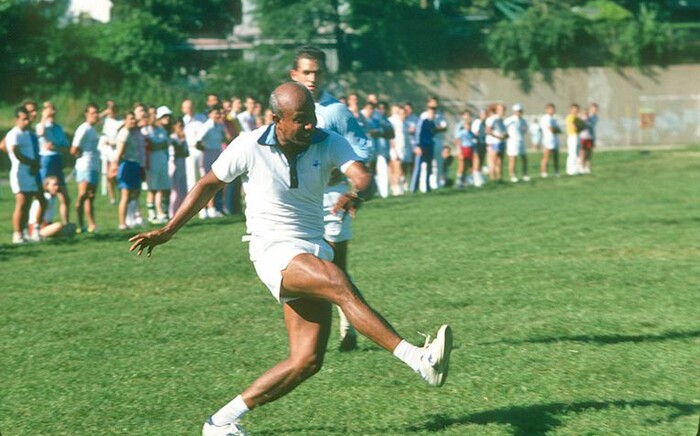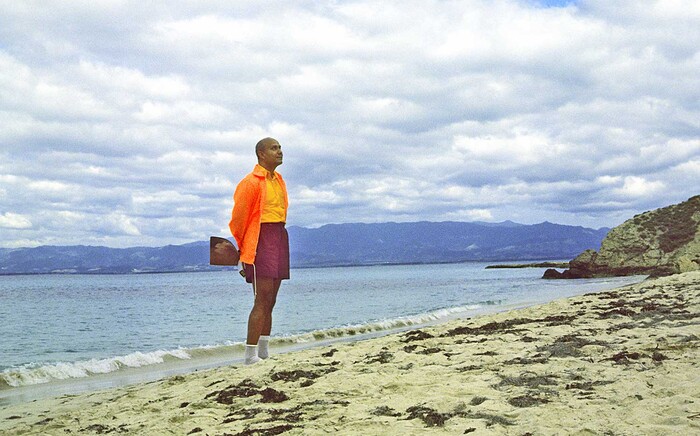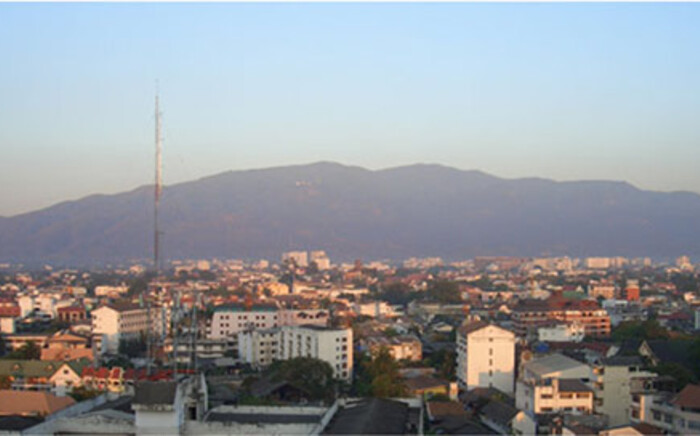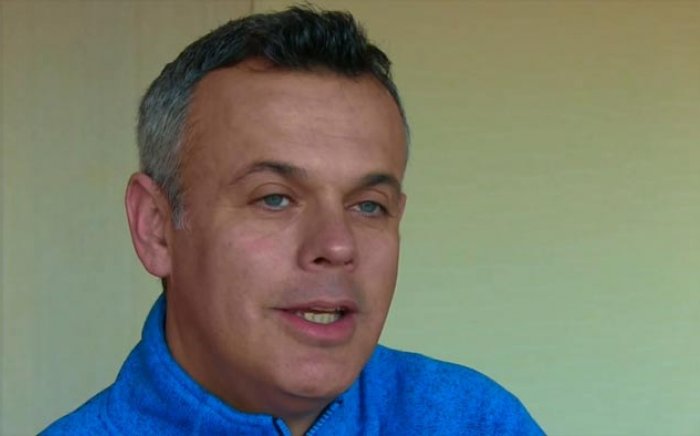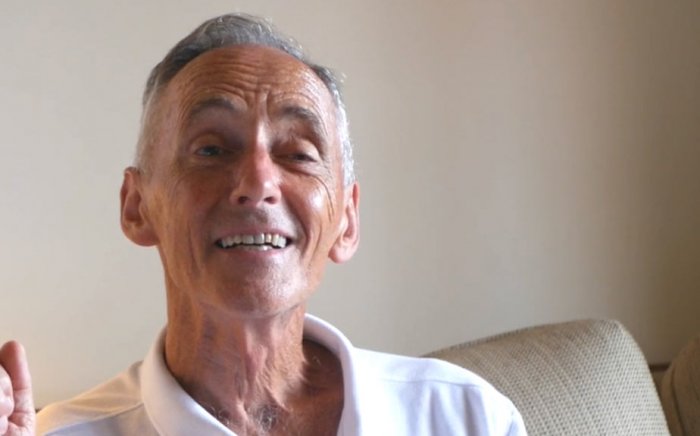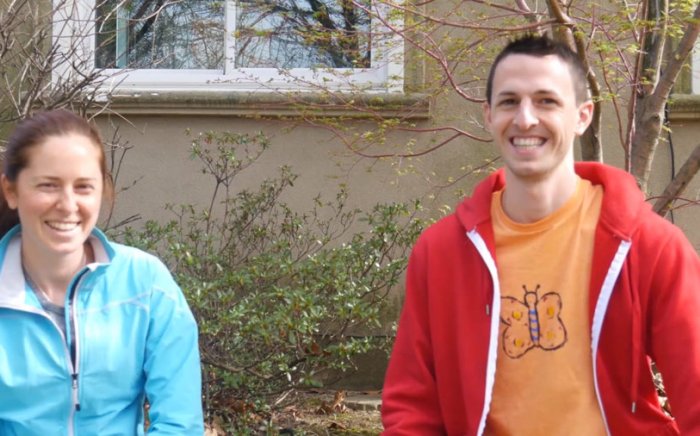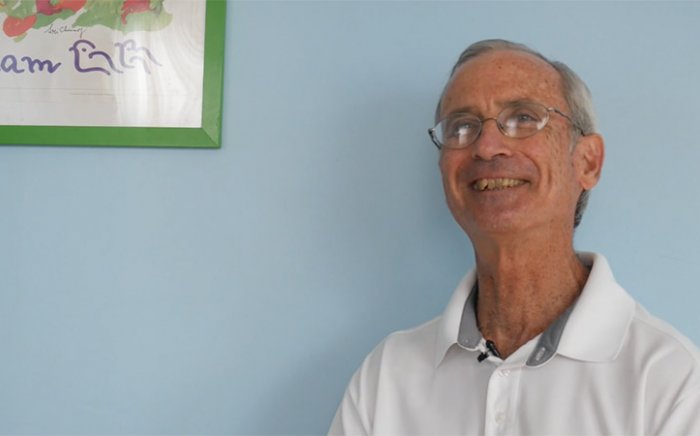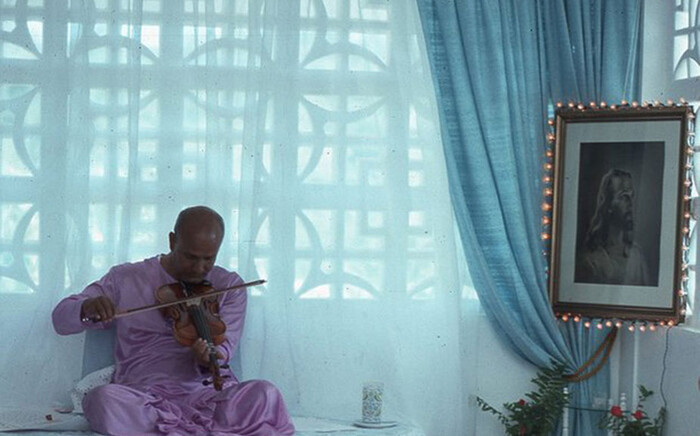Everybody loves a winner, so the old saying has it, but sometimes, however much you want to be loved, you just can't quite make it to first place.
Gentle reader,
If, perchance, you have been following the ramblings on these pages with care, you may have been perplexed by a certain point regarding my writings on the Te Houtaewa Challenge.
Appearing is a fulsome dissertation on winning the race in 2004, and then a somewhat mythological account of the race in 2006.
What is going on here? Why no word on 2005?
2004 was a great year for running. I did my best marathon time (3.15), my best 47-mile time (7.50), my best 24-hour distance (185 km), my best multi-day distance (600 km), I won the New Zealand Championship and I won the Te Houtaewa Challenge.
2005, on the other hand . . . I ran my worst-ever 24-hour race and in the Te Houtaewa Challenge I followed up my previous year’s victory . . . by coming last.
That year I dragged my sorry carcass down that beach feeling ever-increasingly like death.
I work for a book publishing firm. At one point during the race the managing editor of ESA Publications came driving down the beach in the opposite direction in his four-wheel-drive. He had been commenting to his wife that they must have missed me - ‘He’ll be up the front with the guns.’ But no. He still talks about how bad I looked and how incoherent I was when they spoke to me.
That year I finished the race in a time two hours slower than I had the year before.
Sri Chinmoy has spoken about success and failure in athletic competition.
An athlete practices seriously for three or four months, and then during the competition he has to show his capacity. If he does poorly, he may think, “Oh, I made such sacrifices for so many months. Now what a deplorable result!” But it was not a sacrifice. He was only giving for a period of time, and now he is receiving the result in the form of an experience. The seeker who recognises his inner oneness with the rest of the world will not feel sad and miserable if he does poorly. Only he will say, “I did what I could during my practice, and now the result I am taking as an experience. Whether I was first, last or in between, the result has been given to me by my Lord Supreme as an experience.” This kind of experience – both success and failure – is absolutely necessary for everybody in every walk of life.
One certainly tries to see things in this way. Secretly, however, one hopes that failure is a bit more than an experience - that it has some positive effect to compensate for its more obvious negative aspects.
When I was thirteen all the members of our English class were required to deliver prepared speeches before the class. I still recall my friend Jeffrey Moran’s speech on one of the given topics - ‘failure is good for your character’. He spoke convincingly and with passion against the idea. But perhaps it would be some some consolation if in fact failure were good for your character, if you could console yourself in your failure that at least you were building your character. You might be having an abject time tottering - for instance - down the beach in last place in a race, but at least you might come out of the experience a better person somehow.
Perhaps it is true.
Perhaps Al Gore was correct when he said -
“As for the battle that ends tonight, I do believe as my father once said, that no matter how hard the loss, defeat might serve as well as victory to shape the soul and let the glory out.”

**********************************************************************
Links:
The quote from Sri Chinmoy on success and failure can be found,
along with others on aspects of running, at:
Body-Mind-Spirit - Illumining insights into the body-mind-spirit connection.
The full text of Al Gore's Speech.
My other writings inspired by the Te Houtaewa Challenge:
Ultra-marathoning: The Te Houtaewa Challenge
Art, Running and Ahipara.
The Te Houtaewa Challenge: 2006
